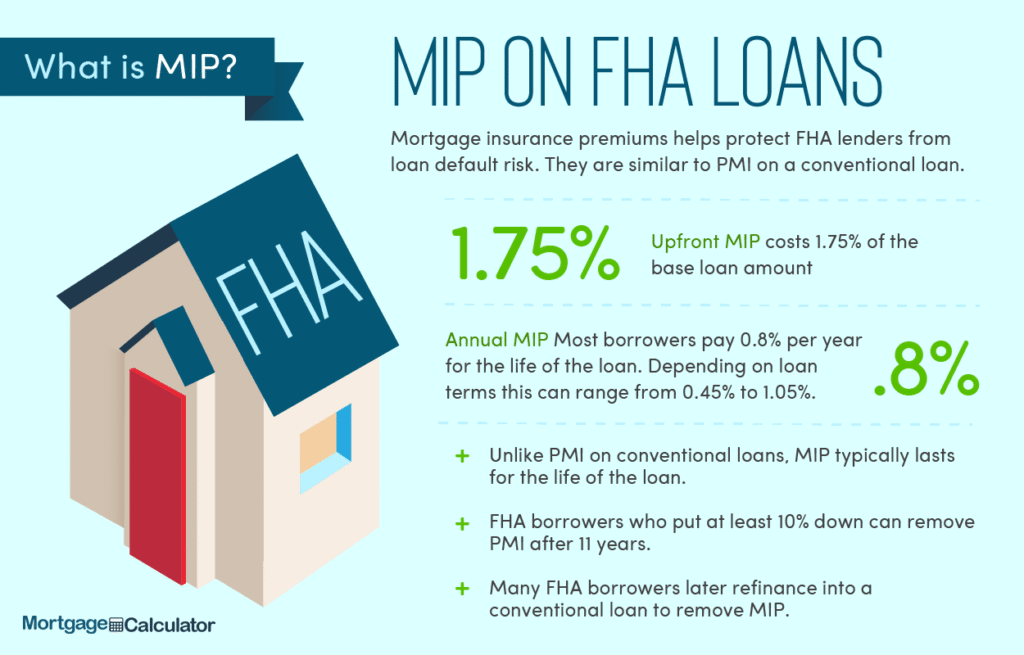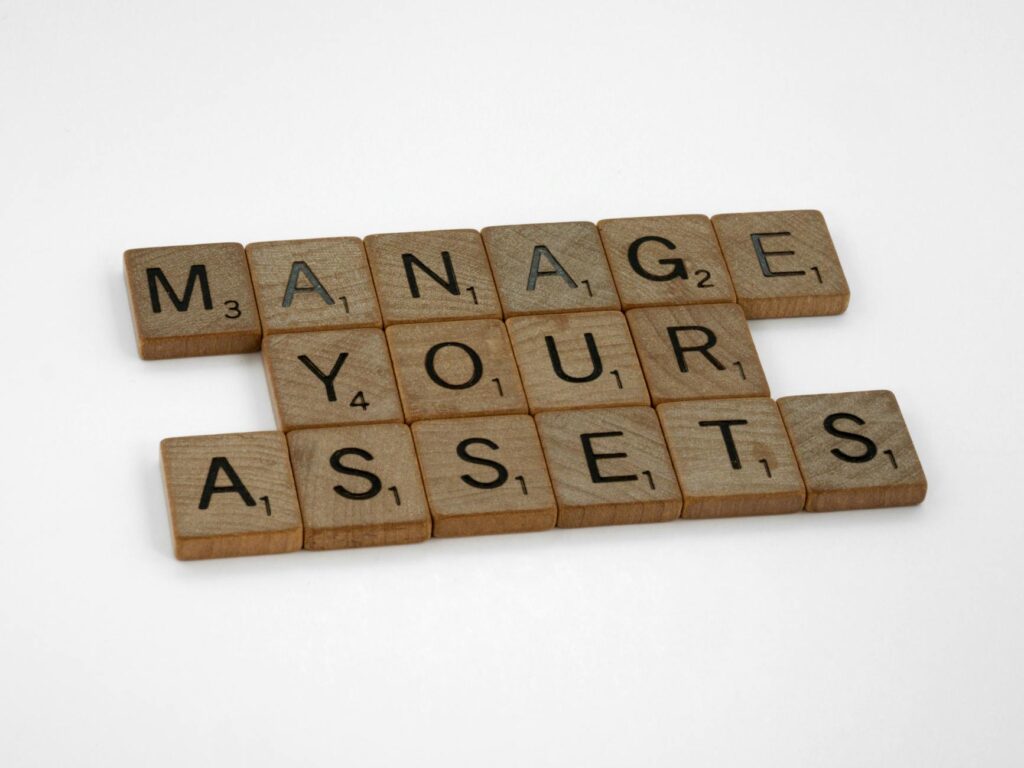Investing can be an emotional rollercoaster, filled with highs of market wins and lows of losses. But what if the biggest threat to your portfolio was, in fact, you? In this post, we’re diving deep into the common ways investors might be sabotaging their own efforts and why enlisting the help of a financial advisor could be your key to success.
Understanding Your Investment Goals
Before you can successfully invest, you need to have clear, attainable goals. Many investors falter by not setting specific objectives or constantly changing their targets based on market trends.

Recognizing Emotional Investing
The fear of missing out (FOMO) or panic selling can wreak havoc on your investment strategy. Recognizing these emotional triggers is crucial to prevent making impulsive decisions that harm your portfolio.
Overlooking the Power of Diversification
A well-diversified portfolio can help mitigate risk, yet many investors put all their eggs in one basket, exposing themselves to unnecessary risk.
Ignoring Market Research
Solid research is the foundation of successful investing. Those who ignore market trends and data might find themselves making uninformed decisions.
Avoiding New Investment Opportunities
Change can be intimidating, but staying in your comfort zone might mean missing out on lucrative opportunities. Being open to exploring new investment avenues is key.
Underestimating the Costs
Investing involves costs, and failing to account for these can eat into your returns. Understanding and managing these costs is essential for a successful investment strategy.
Lack of Patience
Investing is a long-term game, and impatience can lead to premature decisions, potentially jeopardizing long-term gains.
Not Learning from Mistakes
Every investor makes mistakes, but not learning from them can lead to repeating dangerous patterns. Reflecting on these errors is crucial for growth.

Rejecting Professional Advice
Many investors believe they don’t need help. However, a financial advisor can offer valuable insights and guidance, helping you to avoid common pitfalls.
The Benefits of a Financial Advisor
From personalized investment strategies to emotional support during market downturns, a financial advisor provides a wide range of benefits that can safeguard and grow your investments.
Choosing the Right Advisor
Not all advisors are created equal. It’s important to choose one that aligns with your investment philosophy and goals. Here are a few tips on selecting the best advisor for you.
Understanding Advisor Fees
Fees can vary widely among advisors. Understanding how they’re structured and what services are included can help you make an informed decision.
Financial Planners vs. Investment Advisors
It’s important to understand the difference between these professionals to ensure you’re getting the support you need.
The Role of Robo-Advisors
Technology has introduced robo-advisors, offering automated, algorithm-driven advice. Evaluating their pros and cons can help you decide if they’re right for you.
The Importance of Ongoing Communication
Establishing open lines of communication with your advisor ensures your investment strategy remains aligned with your goals.
Reviewing Your Investment Strategy Regularly
Markets evolve, and so should your investment strategy. Regular reviews with your advisor can keep you on track to meet your objectives.
Key Takeaways
Investing on your own can lead to several pitfalls. With the support of a financial advisor, you can navigate the markets more confidently and avoid common mistakes that undermine your investment goals.
Conclusion
Whether you’re a seasoned investor or just getting started, recognizing the potential for self-sabotage is the first step toward securing your financial future. With the right advisor by your side, you can develop a robust investment strategy that stands the test of time, despite the ups and downs of the market.
Frequently Asked Questions
How often should I review my investment portfolio with my advisor? It’s generally recommended to review your portfolio at least annually or as significant life events occur that might impact your investment goals.
Can I afford a financial advisor? Many advisors offer a range of fee structures to suit different budgets and investment sizes. It’s worth discussing your options to find a suitable advisor.
Is it too late to start investing? It’s never too late to start investing. The key is to align your investment strategy with your current financial situation and goals.
What’s the difference between active and passive investment strategies? Active strategies involve frequent buying and selling to beat the market, while passive strategies focus on long-term growth through market exposure.
How can I start working with a financial advisor? Start by researching advisors with good reputations in your area or online and schedule a consultation to discuss your goals and see if it’s a good fit.


